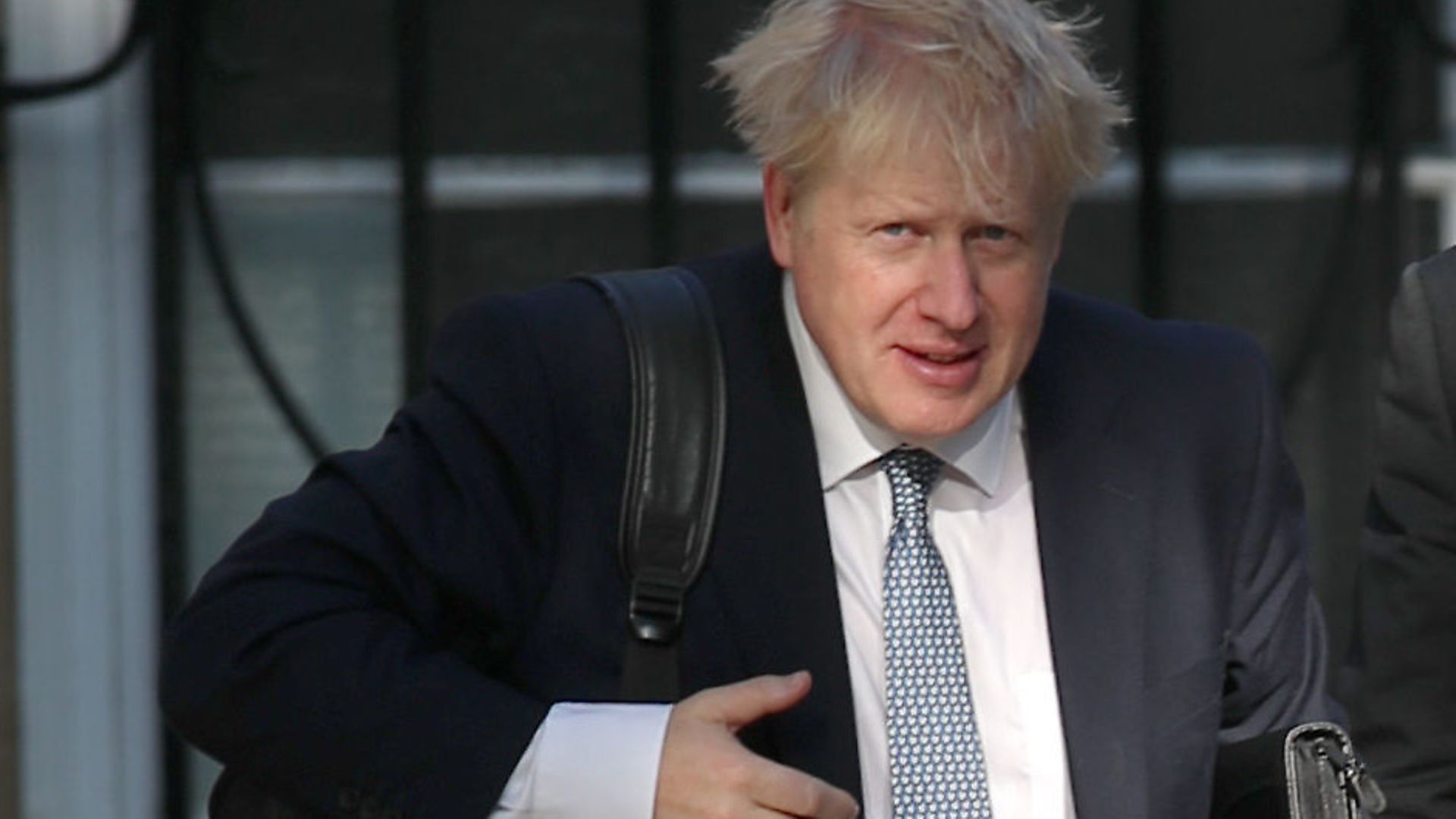
Boris Johnson has been elected as leader of the Conservative party and is due to enter number 10 as Prime Minister.
He saw off 11 other candidates via a round of MPs’ ballots before entering into a contest with Jeremy Hunt for party members’ votes. Around 160,000 people were eligible to vote, which amounts to about 0.2% of the country.
He gathered 92,153 votes out of around 160,000 eligible votes.
On Brexit, Johnson has promised that he will ensure the UK leaves the EU by October 31 – and without a withdrawal agreement if it comes to it. Despite Johnson’s calls for optimism about the matter, no EU leader has expressed any intention of renegotiating the withdrawal agreement without a serious alternative proposal.
Several ministers are expected to resign in response to Johnson’s premiership.
Foreign office minister Sir Alan Duncan has already resigned, saying that the UK should be leading in Europe and focusing on domestic issues rather than toiling away under “the dark cloud of Brexit”.
Justice secretary David Gauke, chancellor Philip Hammond, former leadership candidate and international development secretary Rory Stewart are all likely to follow suit. Meanwhile, vocally Brexit sceptic backbenchers Dominic Grieve and Justine Greening have indicated they are among those who would vote against the government if Johnson attempts to force through a no-deal Brexit.
READ: Sir Alan Duncan resignation letter bemoans ‘the dark cloud of Brexit’Boris Johnson has long been enormously popular with his party membership, and confirmed this by gaining 66.4% of the memberships’ votes. But is a divisive figure outside of that group, and his leadership campaign has been embroiled in controversy. Soon after he began the contest, an old column of his emerged where he decried the “arrogance” and”contempt” of Gordon Brown for taking over from Tony Blair in 2007 without a general election.
He then faced a private prosecution from Marcus Ball, who tried to take him to court for making misleading statements while in public office, over his endorsement of the “£350 million to the NHS” promise on the side of the Vote Leave campaign bus. The attempt was quashed after a judicial review.
He remained notoriously shy of scrutiny during the campaign period and was branded a “coward” by rival Hunt for refusing to take part in all but two televised debates.
Later, police were called to the home he shares with his partner, Carrie Symonds, after neighbours overheard a loud row, fearing for Symonds’ safety. After initially denying they had been called out, police told the press that they were satisfied that all was well at the house.
Johnson also drew criticism for refusing to back up former ambassador to the USA, Sir Kim Darroch, when confidential diplomatic cables critical of Donald Trump were leaked to the Mail Online, enraging the thin-skinned president. Sir Kim said his subsequent resignation was motivated, in large part, by a lack of support from the Tory leadership favourite Johnson.
WATCH: Boris Johnson heckled by angry Conservative member at latest hustingsLabour MP David Lammy, who supports the campaign for a People’s Vote on Brexit, said: “One theme runs through Boris Johnson’s career like letters through a stick of rock: that he will say anything to get what he wants and cares little or nothing about the consequences when he lets people down.”
On Wednesday, Theresa May will hold her final Prime Minister’s Questions before formally offering her resignation to the Queen. Johnson will then visit the palace for the monarch’s assent.
He is expected to appoint his cabinet on Thursday, which is also when the House of Commons will rise for a summer break. MPs are not currently expected to return until September 3.








